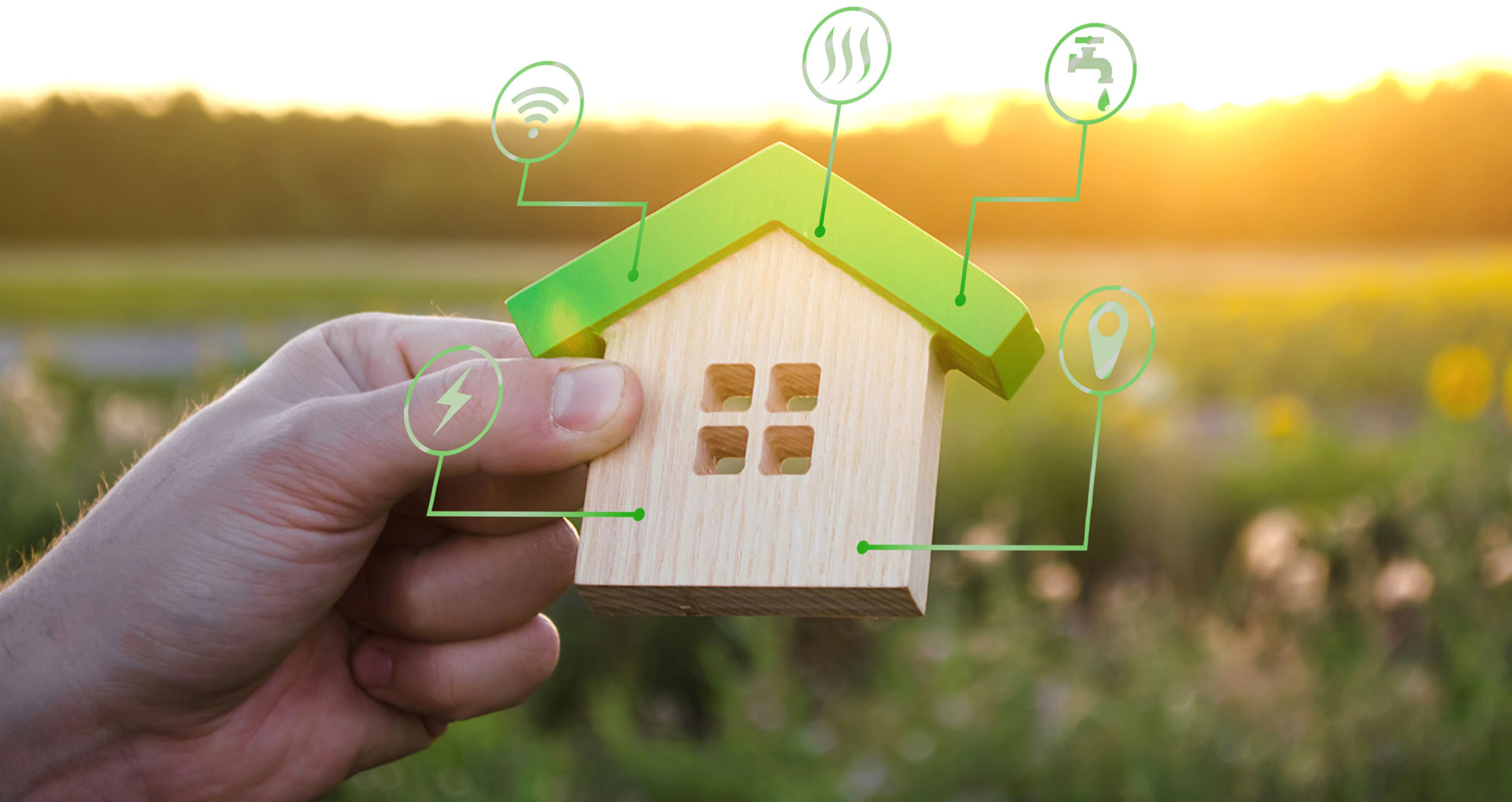In today’s world, sustainability is more than a buzzword; it’s a responsibility and a smart business practice, particularly in property management. Eco-friendly practices in property management not only contribute to environmental conservation but also offer tangible benefits like cost savings and enhanced tenant appeal. This article will delve into the various sustainable practices that property managers can adopt and how they can benefit both the environment and their business. Additionally, we’ll explore how digital tools like Kaptur can facilitate implementing and managing these green initiatives.
The Importance of Sustainability in Property Management
The property management industry plays a significant role in environmental impact, considering factors like energy consumption, waste generation, and resource utilisation. Adopting sustainable practices helps reduce this impact and aligns with the growing environmental consciousness among tenants and stakeholders.
Key Eco-Friendly Practices for Property Managers
- Energy Efficiency Upgrades: Implementing energy-efficient solutions such as LED lighting, high-efficiency boilers, and smart thermostats can significantly reduce energy consumption and costs.
- Water Conservation Measures: Installing low-flow fixtures and water-efficient landscaping can drastically reduce water usage.
- Waste Reduction Strategies: Initiatives like recycling programs, composting, and encouraging tenants to reduce waste contribute to a more sustainable environment.
- Use of Sustainable Materials: Opting for eco-friendly materials for renovations or repairs can reduce the environmental footprint.
- Green Building Certifications: Pursuing certifications like LEED (Leadership in Energy and Environmental Design) can improve sustainability and increase the property’s market value and appeal.
The Benefits of Implementing Sustainable Practices
- Cost Savings: Many sustainable practices significantly reduce utility costs, offering long-term financial benefits.
- Tenant Attraction and Retention: With a growing preference for green living, eco-friendly properties are more appealing to prospective and current tenants.
- Enhanced Property Value: Properties with sustainable features often have higher market values and rental rates.
- Positive Brand Image: Commitment to sustainability improves a company’s reputation, appealing to environmentally conscious stakeholders.
Leveraging Kaptur in Sustainable Property Reporting
Digital tools like Kaptur can be instrumental in implementing and managing sustainable practices. Kaptur’s features allow property managers to:
- Monitor Energy and Water Usage: Tracking consumption to identify areas for improvement and measure the impact of implemented changes.
- Manage Maintenance and Upgrades: Efficiently schedule and document maintenance and upgrades related to energy efficiency and other green initiatives.
- Facilitate Tenant Communication: Educating and engaging tenants about sustainability initiatives and their benefits.
Conclusion: The Future is Green
Integrating sustainable practices in property management is not just beneficial; it’s essential for the industry’s future. By adopting eco-friendly practices, property managers can contribute to environmental conservation while also reaping financial and reputational benefits. Digital reporting tools like Kaptur further enhance this effort, making managing these practices more efficient and effective. As we move forward, the convergence of sustainability and property management will continue to grow, creating greener, more efficient, and more profitable properties.
